 Created by the author using Canva
Created by the author using Canva
You and your friends are playing a game where some get a superpower drink, and some get plain water, but nobody knows who has what.
Why?
Because this is a secret mission to find out if the superpower drink really works!
Scientists use this technique in real experiments.
It’s called blinding: hiding the truth about who gets the real thing and who gets a fake.
Why Blinding?
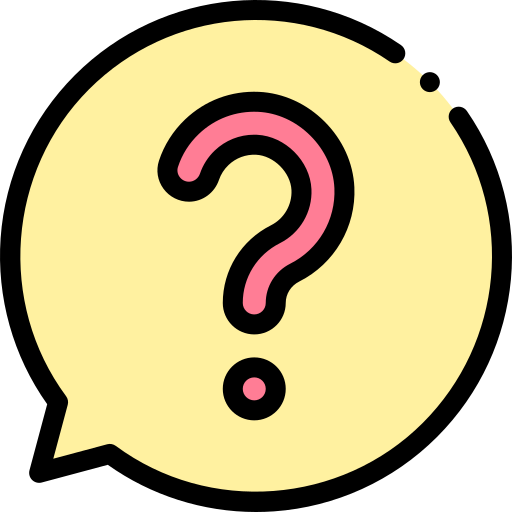 Why keep it a secret?
Why keep it a secret?
If players knew who had the superpower drink, they might feel stronger just because they think they should.
That’s called the placebo effect, and it can trick your brain!
Blinding stops that trick by keeping everyone guessing.
Blinding helps scientists get honest answers. They want to know if the superpower drink really works, not just if people think it does.
Types of Blinding
Single-Blind
The players (participants) don’t know who has the superpower drink or the plain water.
The Pepsi Challenge (started in 1975) was a super famous blind taste test. People were given two unmarked cups, one Pepsi, one Coke, but they didn’t know which was which.
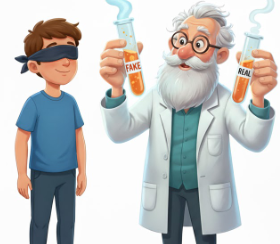 Created by the author using Canva
Created by the author using Canva
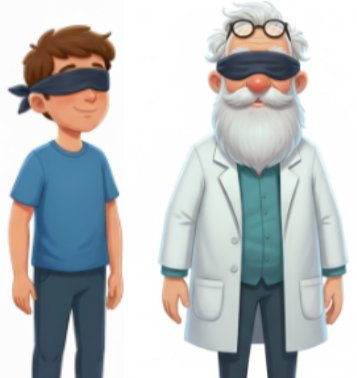 Created by the author using Canva
Created by the author using Canva
Double-Blind
Neither the players nor the game leaders (scientists) know who got what until the mission is over!
When COVID-19 vaccines were being tested, neither the participants nor the researchers knew who received the real vaccine and who got a placebo.
Lets Check Your Understanding!
You’re helping watch a class to see if a new way of teaching actually helps students do better. You already know which students are trying the new method. Without even thinking about it, you start giving them extra encouragement.

What could you do to make sure your expectations don’t influence the results?
A. Keep going the same way. It won’t really matter.
B. Tell the students not to notice your hints.
C. Don’t find out which students are using the new method.
D. Only cheer for the students using the new method.
Quiz
What could you do?
Why Should You Care About Blinding?
Blinding isn’t just for scientists. It helps you judge information more clearly.
Here are a few examples of how it helps you in the real world:
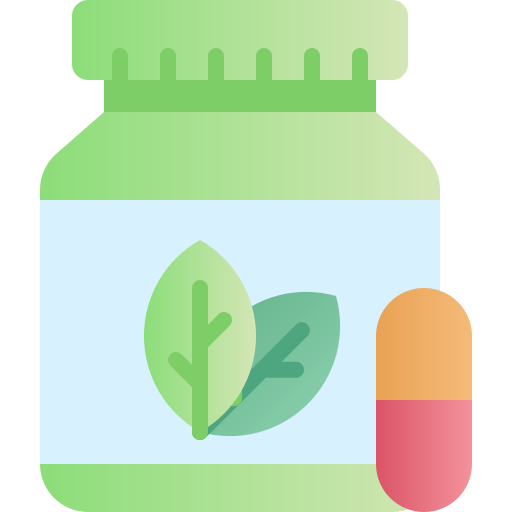 Judge Health Claims
Judge Health Claims
When trying detox teas, supplements, and fitness challenges, you can evaluate if the claims are valid.
How you can try: If you're curious about a detox tea, have a friend fill up two bottles, one with regular tea and one with detox tea, and not tell you which is which. Drink and keep track of how you feel. That way, you can judge if there’s any real effect without being biased by the brand or hype.
 Seeing Through Ads
Seeing Through Ads
Brands might say their products work better, but you can recognize if the evidence is weak or strong.
How you can try: Next time you see an ad for a product, try to blind yourself to the brand name and fancy packaging. Focus only on the results or claims being made. Is the evidence strong? You can also look for unbiased reviews or comparisons about the product.
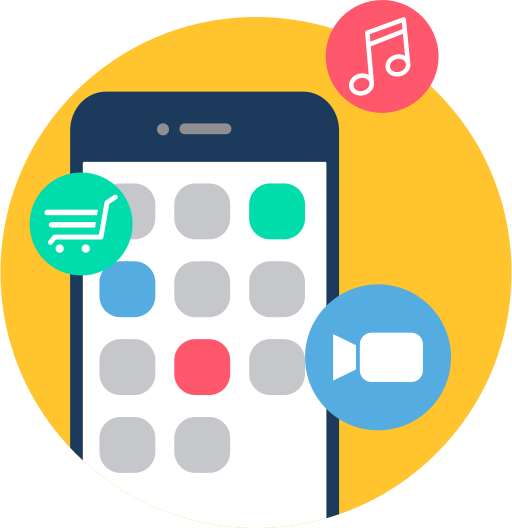 Comparing Products
Comparing Products
When trying something new, like skincare, gadgets, or coffee, you might accidentally judge a viral product more positively because of the bias.
How you can try: When comparing products like skincare or gadgets, have someone cover up the brand names so you don’t know which one is which. This way, you can decide which works best for you based on the actual product.
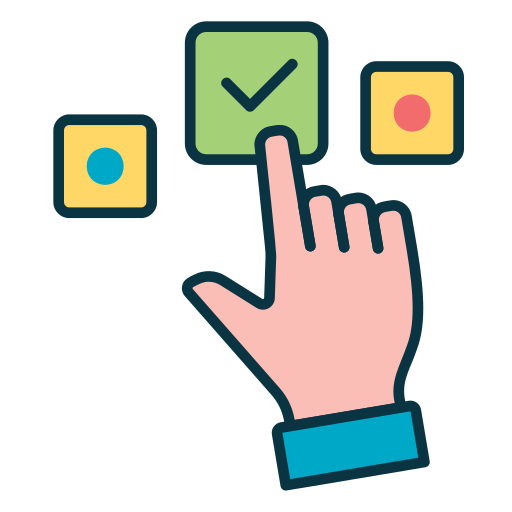 Making Fair Decisions
Making Fair Decisions
When choosing between options, like picking a project team or voting on ideas for a class project, blinding helps you make a fairer choice.
How you can try: If you remove any details that could influence your decision (like who suggested what or who’s on which team), you can focus on the quality of the ideas, not your personal preferences or biases.
Take Action
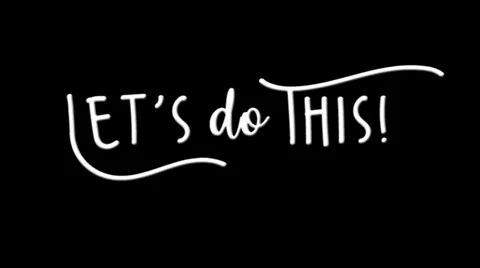 Next time you hear about a new experiment or treatment, ask yourself:
Next time you hear about a new experiment or treatment, ask yourself:
Your feedback matters to us.
This Byte helped me better understand the topic.
